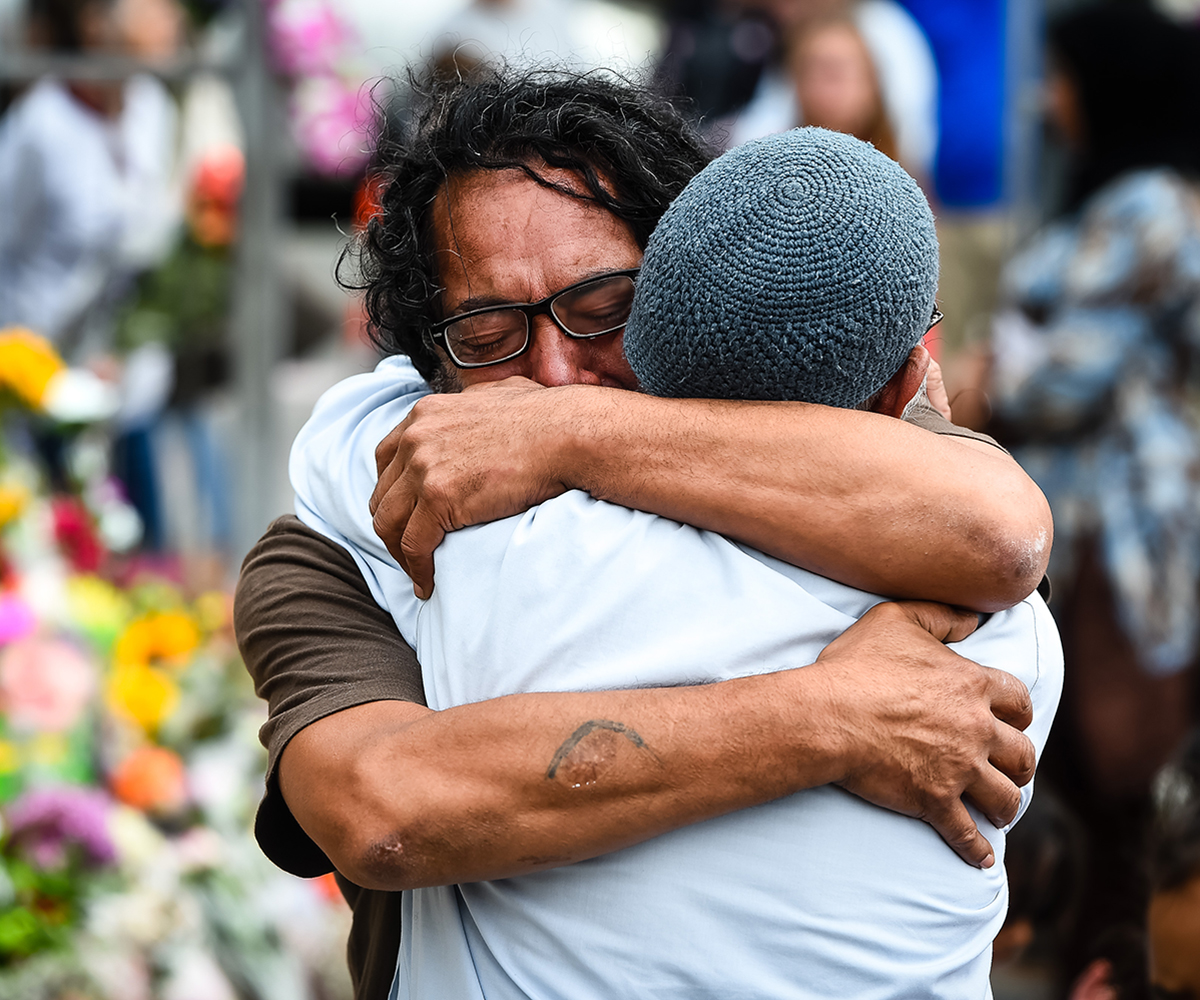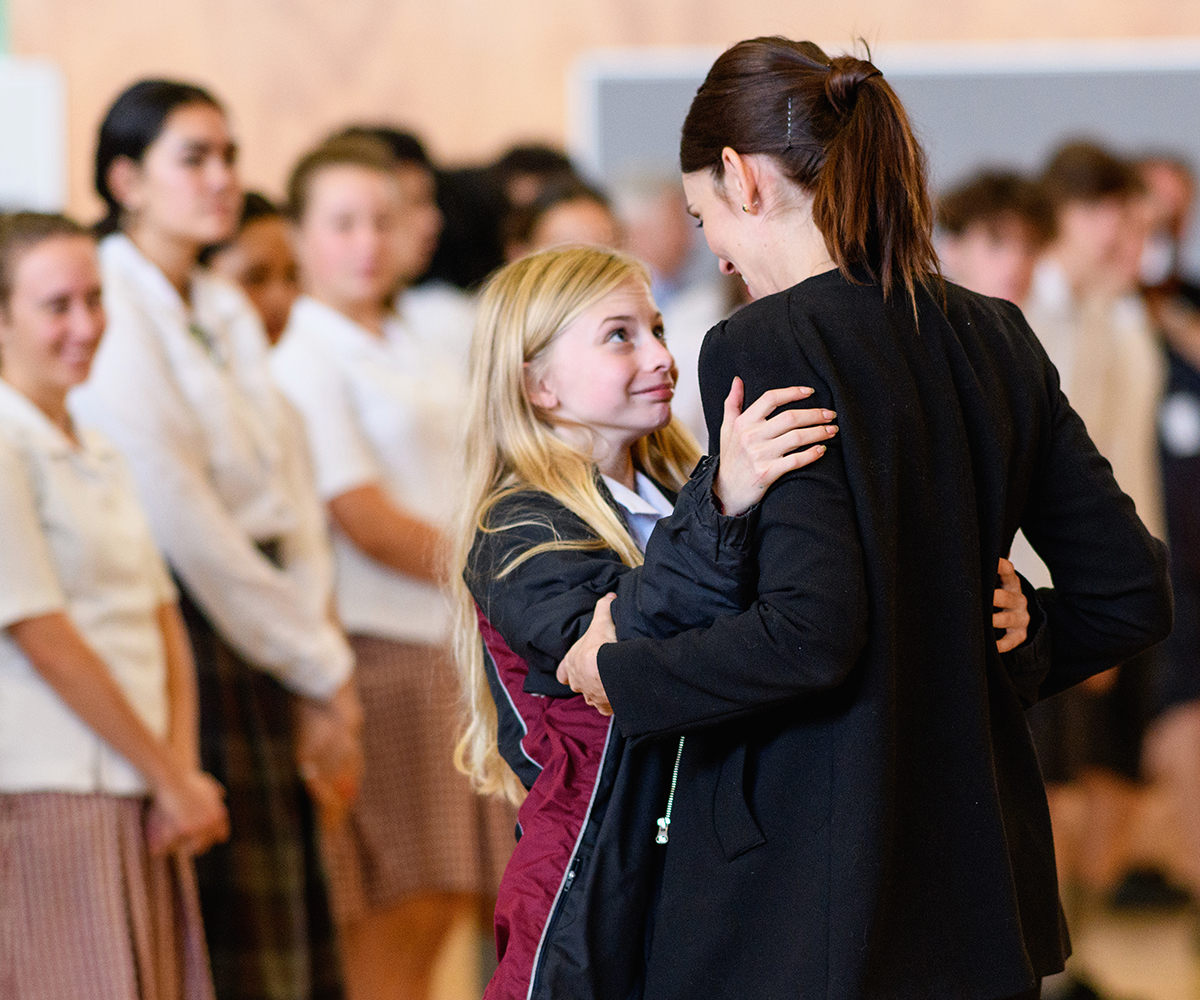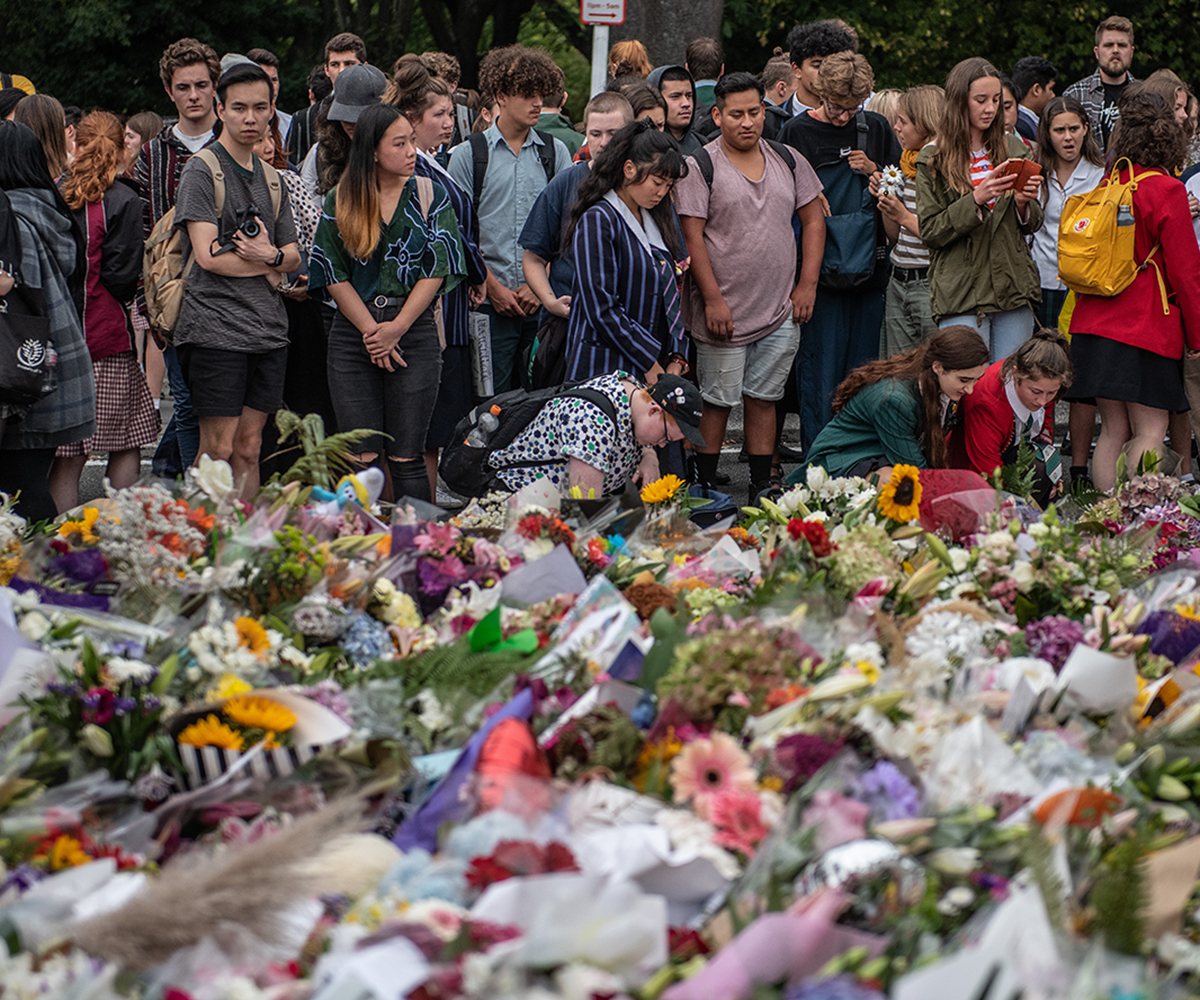What do you think about what happened in Christchurch?, he asks me.
It’s six days since a gunman entered two mosques in Christchurch and opened fire on people as they prayed, killing 50 and injuring more than 40 others.
From the back seat of his taxi as we drive through Auckland suburbia, I reply: I still feel shocked; still can’t believe it happened. I feel very sad.
All of the New Zealanders are sad, he says.
They are very soft hearted, a very soft hearted people. And the Prime Minister, she is the same. And so is Helen Clark.
I feel pride as he says this, a rousing sense of patriotism. It’s true, we have responded as a nation in the most beautiful of ways to the attacks. But a sadness too, because racism does exist in New Zealand – and perhaps we’ve all contributed to it if we’ve said nothing when we’ve heard or seen examples of it.
But today I take comfort from being able to have this conversation with this Muslim taxi driver. When you don’t know what to do with the emotion you feel after a horrific event like this in the country you call home, it feels good to be connecting with him.
My taxi driver is a big fan of Jacinda Ardern and Helen Clark. He thinks Jacinda Ardern is a great leader – all the things she is doing to show she cares, he says. He once met Helen Clark at an event for Pakistani people. When she bumped into him a second time at the airport she remembered his name and asked for a selfie.
He emigrated to New Zealand 33 years ago, travelling here from the UK after his friend told him New Zealand was a good place to live.
He arrived with $5 in his pocket and after he’d caught the bus into the city from Auckland airport he was down to $3.70.
On the corner of Victoria and Queen Streets he asked an old woman where the nearest mosque was and she told him it was a $6 taxi ride from here.
I only have $3.70, he said, so she gave him $3. She was a very nice lady, he says.

Getty Images
At the mosque he was welcomed with warmth and open arms; given something to eat and allowed to sleep there for the night. The next day a young Muslim man told him he could come to his house and stay. There were four men living in the house – two Muslim men and two Hindu men. If he got a job he could share the costs of living there with them so he went to the factory across the road and asked for a job and started work the next day.
After 10 days he moved out and found a one-bedroom place for $35 a week. Then he found an apartment where the landlady let him stay for free as long as he looked after the other apartments and collected the rent from the tenants.
He worked hard at the factory and after a few years told his boss he wanted to leave and start his own company. He had saved $26,000. His boss begged him to stay but he wanted to be his own boss. He bought a dairy in Onehunga.
He also met his wife here but heartbreakingly lost her when she was just 36. She died of a brain haemorrhage. She was very, very young, he says sadly.
This is my life story, he tells me with a smile.
We’re almost at my destination now; I ask him if he attends his local mosque.
We are meant to pray five times a day, he tells me, but I have to work. So I go on Fridays. I will be there tomorrow.
Tomorrow – which is now today.
By now we’ve arrived at my office and it’s time to say goodbye. As I hand him my card he says it was very nice to meet you. I say it was very nice to meet you too. And he gives me a smile and drives away.
Today I will think of him praying at his mosque, and I will think of how brave he was to risk everything to start a new life in a new country with just $5 in his pocket. I will think about how hard he worked to make a life here for himself. And I will think about how important it is to him to still be able to go to his mosque, and I hope he feels safe.
Today the police and even gang members will be guarding the mosques. An initiative, NZ Stand Together, is taking place where people are gathering outside mosques and linking arms in a symbolic gesture of love and protection.
But what happens in a few weeks or months when the mosques are once more only frequented by worshippers? How long will it take for people like my taxi driver to feel safe again? We have a part to play in this.


